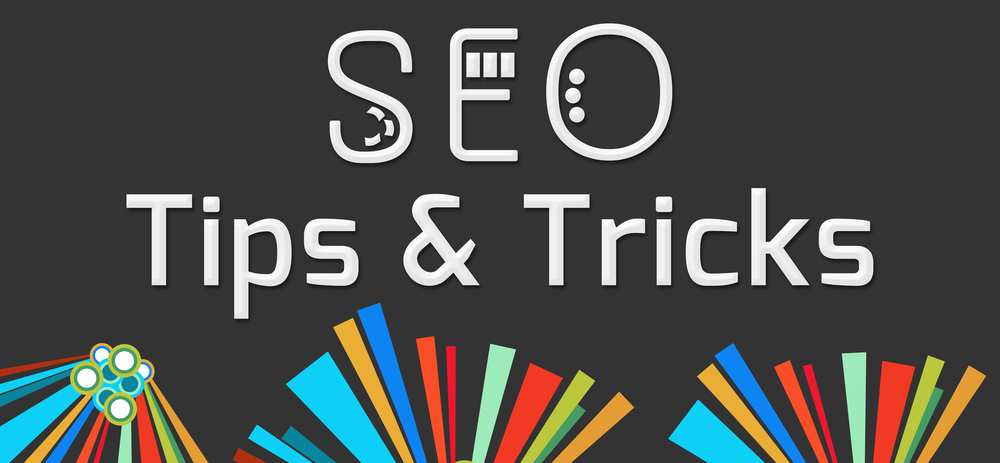Our world is becoming increasingly connected, and as a result everything is getting, metaphorically, smaller, and less effort intensive. This is no more true than in regards to the internet of things.
The internet of things is the connections of all sorts of objects both to the internet and other objects, allowing for the collection and transmission of more data, signals, and instructions than ever before, and leading to significant advancements in smart technology. An everyday example of this is home appliances, such as smart televisions and smart kettles.
As the internet of things grows to encompass yet more objects, it will have a significant impact on every element of your life. It is thought that by 2020, 13 billion items – in the home alone – will be connected to the internet of things, with a total number of 30 billion connected items.
Heating
This is a change we’re already starting to see in some elements of life, especially in heating. British Gas already allows customers turn their heating on and off remotely, either whilst at home or from away from home.
This means that if it’s cold out you can turn the heating on when you’re journeying home and have your house toasty and warm when you arrive, without wasting gas and money by leaving it on all day. And if you forgot to turn the heating off when you left the house, you can save cash by remotely switching it back off without making a u-turn.
Similarly, if you’re sat in the living room, or lying in bed, or just lazy, and feeling a little chilly, you could simply turn the heating off from where you are without getting up to do it, quickly and easily.
Traffic and Travel
The internet of things means several exciting things for your travel plans, the most talked about of which are autonomous vehicles, or driverless cars. Driverless cars work using a lot of sensors, collecting vast quantities of data from the surrounding area, and running the collected information through an artificial intelligence that analyses and calculates the data to make decisions.
The great thing about driverless cars is that they cut out human error, which is thought to account for around 90% of car accidents. A study was recently released revealing that even if driverless cars are just 10% better than human drivers, potentially thousands of lives could be saved, and the better they are the more lives would be saved.
Empty parking spaces may also be able to use the internet of things to communicate with driverless cars to alert them to vacancies, making parking quicker and more efficient, with autonomous vehicles aiming straight for spaces they know to be empty.
But the internet of things also has other implications for travel, such as smarter and more reactive traffic lights. Many traffic lights simply work on a timer, limiting their reactivity, but an internet connection and the ability to collect and analyse data would allow traffic lights to detect the presence of cars and pedestrians and then judge the most prime time to change.
Appliances
More and more home appliances are getting smarter. Televisions, kettles, microwaves, and so much more can now be connected to the internet to allow remote operation, more detailed settings, and automatic, userless functioning.
Televisions can already pick up a whole range of online services and send data about your usage habits. At the moment, smart TV technology seems to be restricted and has limited uses for providers, but Sky have started enabling viewers to remotely record, pause, and rewind television even when not at home.
Medicine
The internet of things will transform health and medicine in various different ways. The key advantage for health of the internet of things is that much medical equipment will be internet enabled, allowing doctors to monitor the conditions of patients remotely and collect relevant information in real time. This would allow patients to spend more time at home, safe in the knowledge that should their condition deteriorate, the hospital will know and be able to react.
Similarly, pill bottles that send text messages when a patient forgets to take their medication is another innovation thanks to the internet of things. Internet enabled pill bottles will be able to tell when they’ve not been used and ensure patients aren’t forgetting.
And social media may allow you to take your minor or embarrassing ailments to a doctor without leaving the house. With the internet of things, social media will take big leaps forward, allowing you to connect to any doctor across the world and have an online chat (video or text) about your smaller issues, without you actually having to go to the surgery – which would be better for the environment and give you no reason to put off going to the doctors.
Clothes
Smart clothes that connect to the internet to collect data, allowing them to change colour, will revolutionise the way we think about fashion. You would be able to programme these hi-tech garments to change colour if you realise you’ve got a clash, or you just fancy a change. Internet connected clothes would also be able to collect data from their surroundings (including your body) and adjust in various ways.
This could vary from regulating your temperature to heat you up or cool you down accordingly or could even alert you of nearby danger, such as toxic gas, especially useful in a dangerous job.





